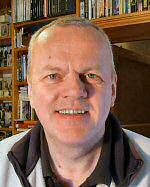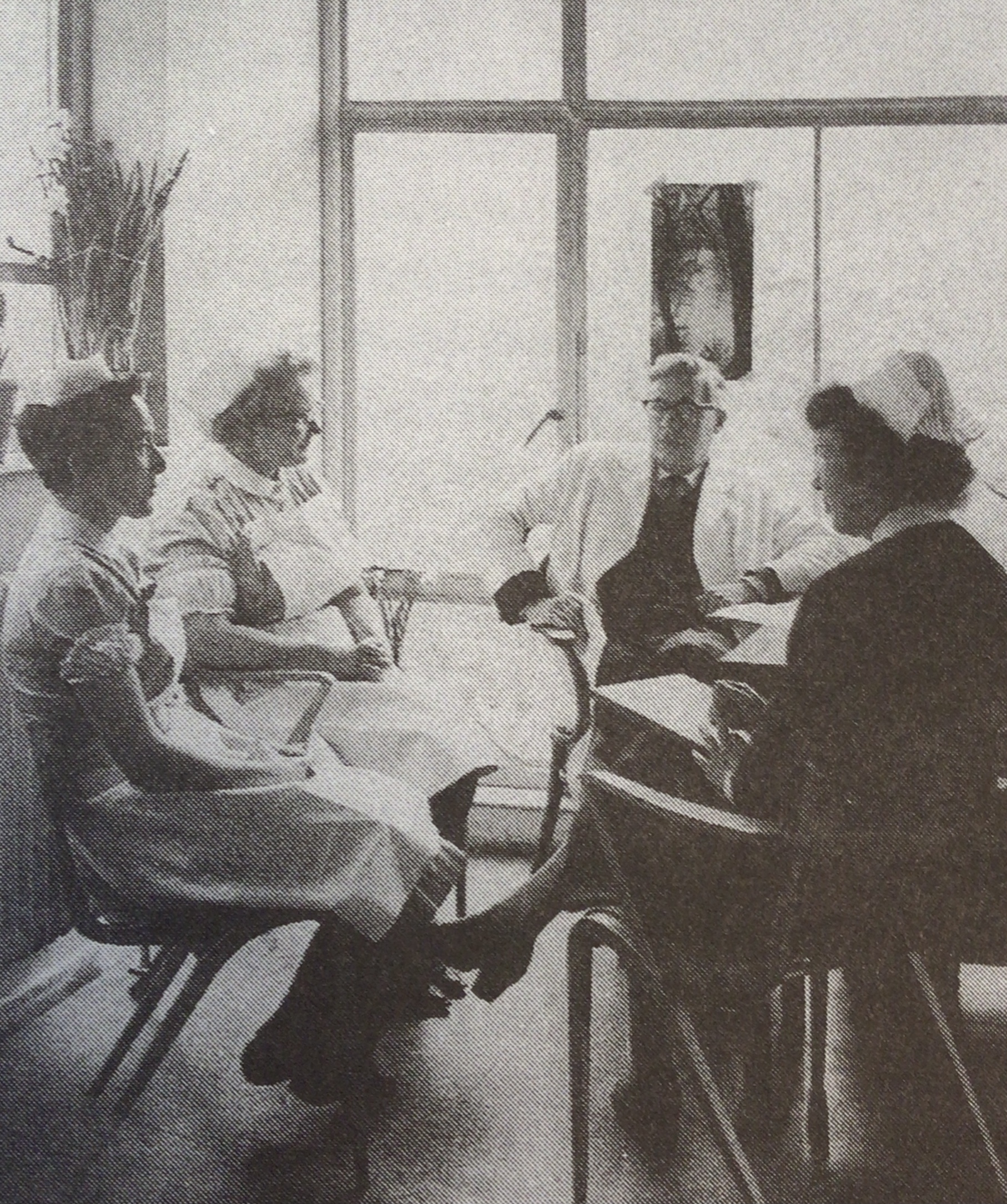Our Blog
Blog categories
- News (14)
- Conferences (2)
- New Editions (0)
- About a paper (4)
- New Members of the Team (0)

From the 1920s to the end of his life, Jung repeatedly complained about the widespread misunderstanding of his book Psychological Types and how most readers overlooked its core message—the “gravamen” as he called it. Jung became increasingly frustrated to the point where he gave up revising the text of Psychological Types because ‘not even the elements have been properly understood’ (CW6, p. xii). The core of Jung’s message was concerned with overcoming polarisation of various kinds—psychological, political, religious, cultural, etc.—and it is a message that the world desperately needs today. Almost every time I watch the news, I see the problems that Jung discussed being acted out on the world stage. And I’m not talking about typology, which Jung used as an example to illustrate his theory—a common and important example though it is. I’m talking about his philosophy and how it explains the political messes the world keeps getting itself into.
We have recently seen political antagonisms escalating up to and sometimes over the threshold of war in Ukraine, Gaza, Israel, Iran, Sudan, Syria, Kashmir, Taiwan, the South China Sea, Yemen, and many more. But political antagonisms are frequent at many levels below that threshold, such as partisan divides, culture wars, identity clashes, ideological battles, etc.. I will give some practical examples shortly, but first we need to make a brief excursion into the world of Jung’s philosophy or empirical standpoint.
[More]
Sandison, a British psychiatrist, developed pioneering treatment protocols for working with LSD. He tried and failed to win C. G. Jung’s support for his work.
[More]
In a recent paper for the Journal of Analytical Psychology, I discuss Jung’s creative writing process and his practice of active imagination based on selected entries in The Black Books and Liber Novus, also known as The Red Book. These selected entries concern Jung’s fantasy dialogues with the dead in 1914 and 1916, culminating in Jung’s authorship of Septem Sermones ad Mortuous (Seven Sermons to the Dead)-a stand-alone pamphlet that Jung circulated among peers and colleagues. Jung included an adapted version of Septem Sermones in the third and final manuscript of The Red Book, called Scrutinies.
[More]
About this blog
We will be bringing you the news about our conferences, our latest editions, publications, papers, or anything else we feel that you might find of interest.


.jpg)